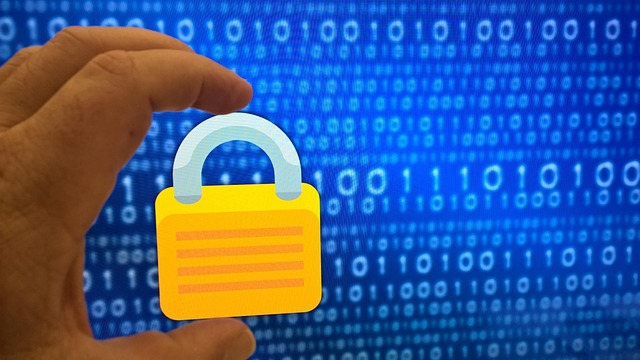Crafting an Effective Privacy Policy for Online Education Platforms: Enhancing Knowledge Building
In the rapidly evolving landscape of online education, where learning transcends traditional boundaries, the importance of a solid Privacy Policy cannot be overstated. As educators and institutions embrace digital tools to foster knowledge building, they must also prioritize the protection of student data. A well-crafted privacy policy not only ensures compliance with legal regulations but also cultivates trust among users, facilitating a more engaging and effective learning experience.
The Role of Privacy Policies in Online Education
Online education platforms are designed to provide flexible learning opportunities, connecting students and educators from all corners of the globe. However, in this digital age, sharing information is inevitable. As users participate in courses, discussions, and assessments, they inevitably share personal data. An effective Privacy Policy outlines how this information is collected, utilized, and protected, giving students peace of mind as they navigate their educational journeys.
Building Trust Through Transparency
Transparency is a cornerstone of effective communication. A clear and concise privacy policy communicates to students that their data is treated with respect and care. When students understand how their information will be used—whether for enhancing their learning experience or for administrative purposes—they are more likely to engage wholeheartedly in knowledge building activities. Furthermore, addressing how data will be shared, with whom, and for what purpose reassures users and fosters a safe learning environment.
Encouraging Collaborative Learning
In the context of online education, knowledge building often relies on collaborative efforts. When individuals feel secure about their privacy, they are more willing to contribute to discussions, share resources, and engage with their peers. This kind of collaborative learning is essential for deepening comprehension and fostering critical thinking skills. An effective Privacy Policy enhances this by ensuring that users know their discussions and contributions are safeguarded.
Ensuring Compliance with Regulations
With various regulations governing data privacy, such as the General Data Protection Regulation (GDPR) and the Family Educational Rights and Privacy Act (FERPA), online education platforms must ensure that their privacy policies align with these legal requirements. Compliance not only helps avoid potential legal issues but also demonstrates a commitment to ethical standards. This commitment is crucial in maintaining a reputation as a trustworthy educational provider.
Dynamic Privacy Policies for Evolving Needs
As technology advances and user expectations evolve, so too must the privacy policies of online education platforms. A static policy may quickly become outdated, leaving users vulnerable. Regularly reviewing and updating the Privacy Policy ensures that it remains relevant and continues to protect student data effectively. Moreover, involving student feedback in these updates can enhance user satisfaction and trust.
As we continue to embrace the digital revolution in education, let us recognize the vital role that a well-structured Privacy Policy plays in enhancing knowledge building. By prioritizing transparency, compliance, and user engagement, online education platforms can inspire a culture of trust and collaboration that enriches the learning experience for all.



